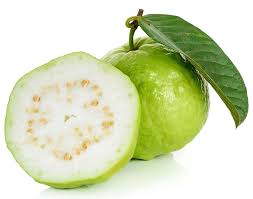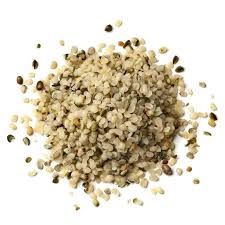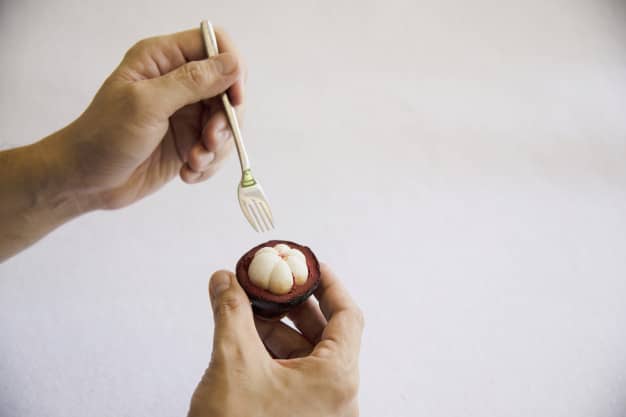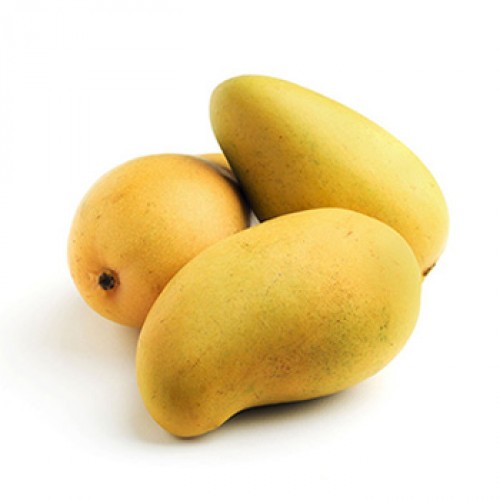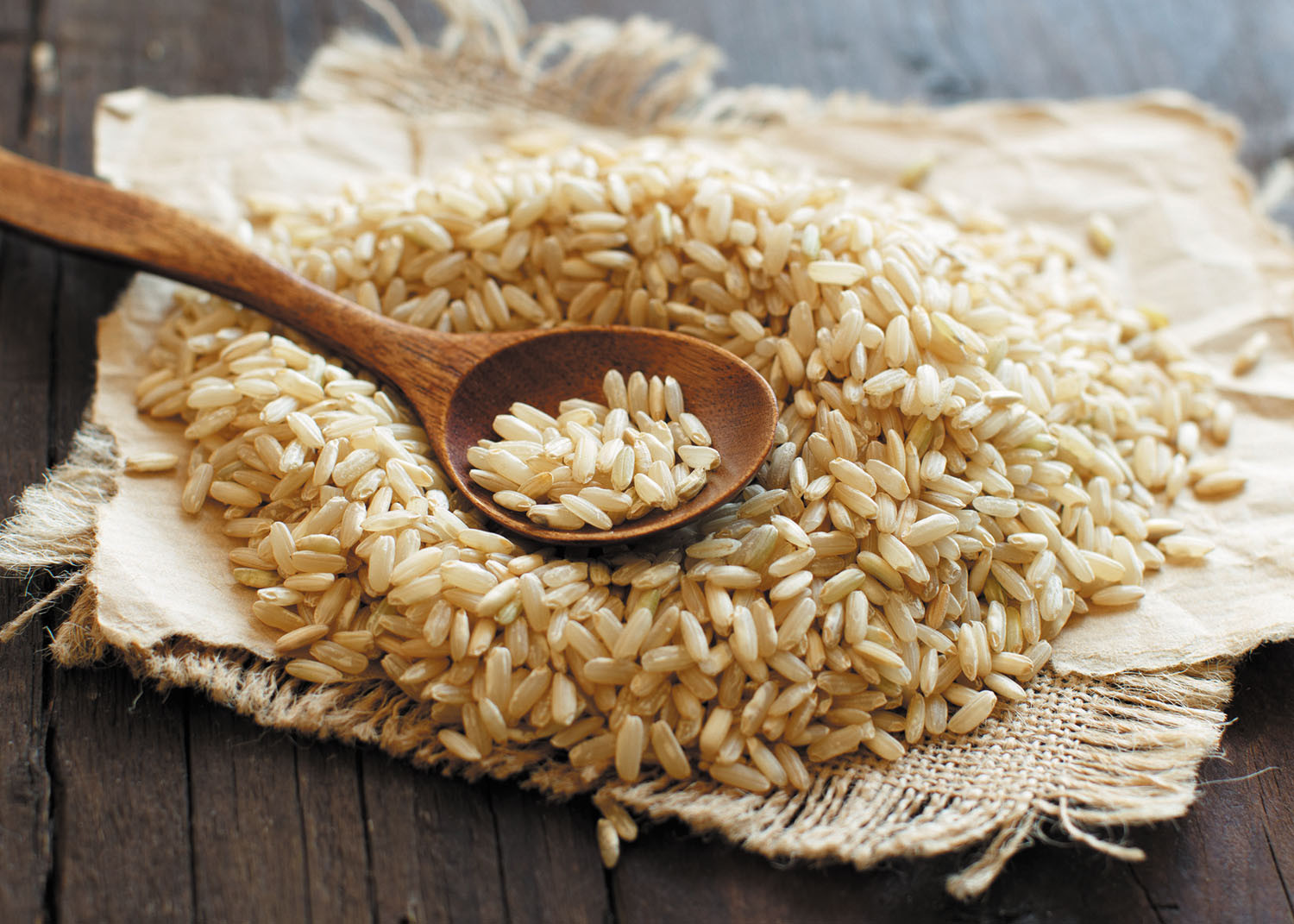
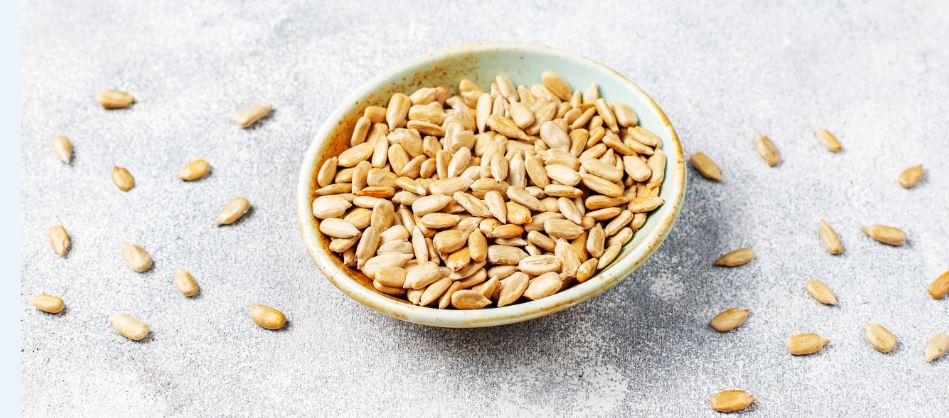
Health Benefits of Sunflower Seeds
What are Sunflower Seeds?
Sunflower seeds are extracted from the sunflower plants head. Sunflower seeds have a hard but soft texture and a moderate nutty flavour. Although you can consume them raw, they are often roasted to improve the taste. Sunflower seeds are used in trail mix, multigrain bread, and nutrition bars. They include a variety of vitamins, minerals, and healthy fats, as well as essential plant compounds. These vitamins and minerals may help lower your chance of developing common health issues like heart disease and type 2diabetes.
Nutritional Value of Sunflower Seeds
Sunflower seeds are notably rich in calcium, iron, copper, zinc, magnesium, and selenium. Numerous of these minerals are essential for the formation of red blood cells, the secretion of enzymes and hormones, as well as the control of heart and muscle function.
The USDA provides the following nutritional data for quarter cup (34g) of dry-roasted, salt-free sunflower seeds
- Calories: 207
- Fat: 19g
- Sodium: 1mg
- Carbohydrates: 7g
- Fiber: 3.9g
- Protein: 5.8g
What are the Health Benefits of Sunflower Seeds?
- Reduces Inflammation: Sunflower seeds include vitamin E, and flavonoids that can help reduce inflammation. Consuming sunflower seeds, either as part of a trail mix, by themselves, or in addition to breakfast cereal, can help those with chronic inflammation.
- Supports Immnuity System: Numerous vitamins and minerals found in sunflower seeds can strengthen your immune system and improve your capacity to battle against diseases. These contain selenium and zinc. The immune system relies on zinc to sustain and grow antibody cells in the body. Also, selenium helps lower inflammation, fight infection, and strengthen immunity.
- Helps in Maintaining Weight: Despite being high in calories, sunflower seeds are packed with nutrients that may benefit weight loss. Sunflower seeds are high in protein, fat, and fibre, making them an excellent snack. You may consume sunflower seeds in a range of healthy ways as long as you monitor your portion levels.
- Boosts Energy Levels: Protein-rich sunflower seeds increase your energy levels. Sunflower seeds include vitamin B1, sometimes known as thiamin, which can aid in converting meals into energy, keeping you energised all day.
- Helps with Anemia: A rich source of iron are sunflower seeds. Consuming these seeds raises our iron levels, which benefits those with anemia.
- Good for Heart Health: Sunflower seeds are packed with heart-healthy minerals. This includes minerals, healthy fats, fibre, and vitamins. A diet rich in seeds may help lower the risk of heart disease and maintain a healthy heart.
- Regulates Blood Sugar Levels: Organic sunflower seeds can help patients with type 2 diabetes maintain their blood sugar levels. Sunflower seeds contain the bioactive substances secoisolariciresinoldiglucoid andchlorogenic acid that help in lowering the bodys synthesis of insulin.
- Improves Skin & Hair Quality: Sunflower seeds containg amma-linolenic acid, which helps deep condition your hair and revives dead hair follicles. It also encourages cycles of hair growth that are stronger. Because of its antibacterial and antifungal qualities, sunflower seeds help prevent infections and keep our skin clear.
How To Use Sunflower Seeds in Your Diet?
This quick guide will show you how to incorporate sunflower seeds into your diet:
- You can add sunflower seeds to soft dishes, such as scrambled eggs, to give them a crunchy feel.
- If you enjoy smoothies and milkshakes, consider adding some sunflower seeds to them. To garnish your drink, you may crush them or add them on top raw. Antioxidant-rich sunflower seeds will only increase the detoxifying properties of your smoothie.
- Sunflower seeds that have been roasted or salted are a healthy snack option. You can add them to your breakfast cereals to increase their nutritional content.
- Chutneys and sauces will taste twice as good if you add sunflower seeds to them.
- You can add more flavour and nutrients to nutritious salads and pasta dishes and sprinkle sunflower seeds on top. Sunflower seeds can be added to any main course dish, such as chicken curry or mixed veggies.
- Sunflower seeds can also be crushed and used to season meat and seafood.
- Make sunflower seed butter by combining three essential ingredients: sunflower seeds, sea salt, and sugar or stevia. You may also add sunflower oil to make it slightly creamy. Buy cold pressed sunflower oil in Bangalore.
- Cake, muffin, and bread mixes can benefit from adding sunflower powder or flour. This will considerably raise the nutritional value.
Looking for an organic store in Bangalore? Check out Healthy Buddha for entirely natural and unprocessed sunflower seeds that have been extracted in their purest form directly from the sunflower. You can also order fresh groceries online in Bangalore and vegetables online in Goa from Healthy Buddha.
FAQs
Are sunflower seeds a healthy snack option?
Sunflower seeds are an excellent source of vitamins and minerals. They are a vital source of vitamin E, monounsaturated and polyunsaturated fats, sometimes also known as "healthy" fats, and copper, zinc, iron, and fibre. Sunflower seeds numerous health benefits make them the perfect healthy snack option.
How to store sunflower seeds?
You can put them in a freezer-safe airtight container or a freezer bag. When kept in the refrigerator or freezer, most sunflower seeds will remain fresh for up to a year. But sunflower seeds should be consumed within two to three months when they are held in the pantry.
Should I consume sunflower seeds raw or roasted?
Sunflower seeds can be consumed raw or can be cooked too. You may significantly enhance the flavour of your sunflower seeds by roasting them, whether you do it in the oven or on the stovetop.
Can sunflower seeds help in weight loss?
Sunflower seeds are an excellent source of high protein and fibre. They extend our feeling of fullness, making us eat less and consume fewer calories. If you want to lose a few inches, you should include sunflower seeds in your daily diet.
How many sunflower seeds can I consume in a day?
The recommended daily intake of organic sunflower seeds is one small cup (about 30 grams). Buy sunflower seeds in Bangalore.
Are there any side effects of sunflower seeds?
Sunflower seed allergies are not frequent; however, a few cases have been observed. Some possible reactions are asthma, mouth swelling, mouth itchiness, fever, skin reactions, nausea, and anaphylaxis. If you are facing severe side effects ,immediately visit the doctor.




